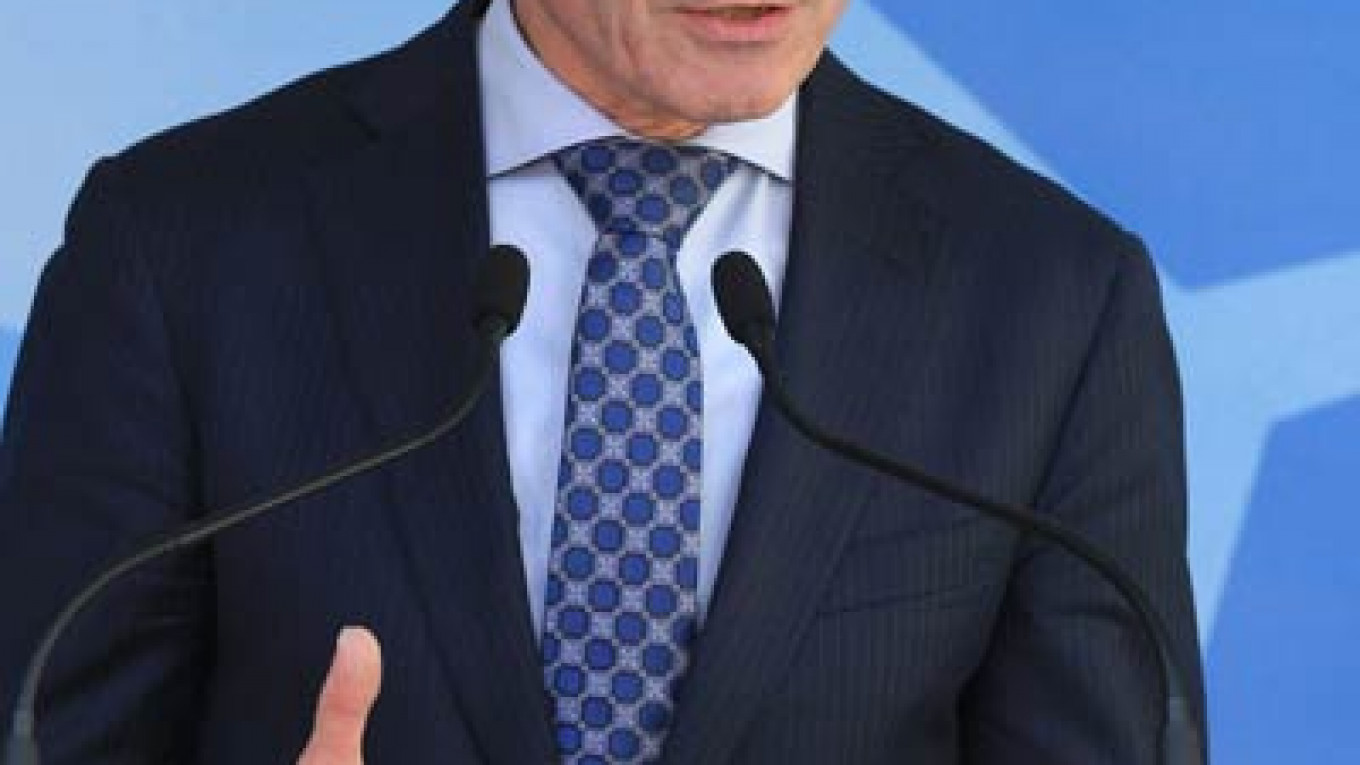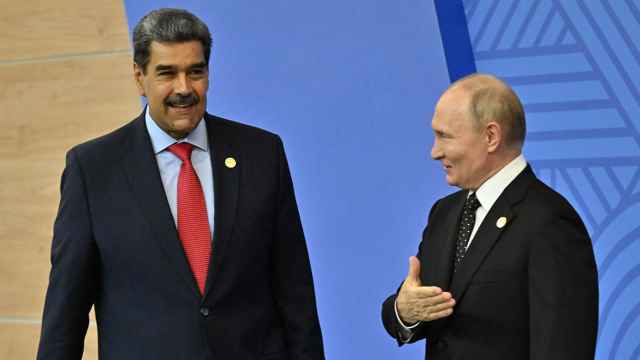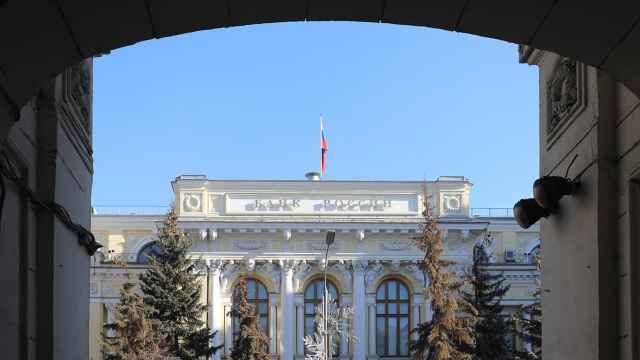BRUSSELS — NATO is strengthening its military footprint along its eastern border immediately in response to Russia's aggression in Ukraine, the alliance's chief said Wednesday.
Secretary General Anders Fogh Rasmussen said NATO's air policing aircraft will fly more sorties over the Baltic region and allied warships will deploy to the Baltic Sea, the eastern Mediterranean and elsewhere if needed.
"We will have more planes in the air, more ships on the water and more readiness on the land," Fogh Rasmussen told reporters in Brussels, declining to give exact troop figures.
The Western alliance is making new deployments aimed at “deterrence and de-escalation” in response to Russia’s behavior.
Moscow must make clear "it does not support the violent actions of well-armed militias or pro-Russian separatists" in eastern Ukraine, he added.
NATO's eastern members — including Lithuania, Estonia, Latvia and Poland — have been wary following Russia's annexation of Ukraine's Crimean peninsula, demanding a more robust military deterrence to counter neighboring Russia.
Rasmussen said the new NATO deployments are about "deterrence and de-escalation" in the face of Russia's aggressive behavior.
NATO estimates Russia has amassed some 40,000 troops on Ukraine's eastern border and could invade if it wished. Fogh Rasmussen again urged Russia to pull those troops back.
NATO's Supreme Allied Commander Europe, U.S. Air Force General Philip Breedlove, said NATO saw no significant change in the size or positioning of Russian forces close to the Ukrainian border.
"The force posture of the Russian forces along the Ukrainian border has not significantly changed since the last time I spoke to the press," Breedlove told reporters.
He said the Russian force was large and the numbers of troops remained the same.
Rasmussen did not mention NATO naval deployments to the Black Sea — which Russia would likely see as a direct aggression even though NATO members Bulgaria, Romania and Turkey also border the sea.
He insisted, however, that "more will follow if needed."
There are also no apparent plans to deploy ground troops to reinforce alliance members closest to Russia.
Rasmussen spoke after NATO's decision-making body, the North Atlantic Council, approved recommendations from Breedlove on how to beef up defenses of member states closest to Russia.
The 28-nation alliance has already suspended most cooperation and talks with Russia. The U.S. has dispatched fighter planes to Poland and the Baltics, enabling NATO to reinforce air patrols on its eastern border. NATO also performs daily AWACs surveillance flights over Poland and Romania.
On the diplomatic front, German Chancellor Angela Merkel called President Vladimir Putin late Tuesday to discuss the situation in Ukraine and preparations for diplomatic talks in Geneva on Thursday.
The Kremlin said Putin told Merkel that "the sharp escalation of the conflict places the country in effect on the verge of a civil war." Merkel's office said she and Putin had "different assessments" of the events in Ukraine.
Foreign Minister Sergei Lavrov said Wednesday that Russia was still planning to meet with Ukrainian officials in Geneva on Thursday.
One day after Ukraine's first military action against a pro-Russian uprising in the east of the country, Lavrov said at a press briefing with his Vietnamese counterpart in Hanoi that the Geneva talks "remain on the agenda." Russia has repeatedly threatened to disrupt the talks if the Ukrainian government uses military force against pro-Russian militants in the east of the country.
Since Ukraine's pro-Russian President Viktor Yanukovych fled in February following months of protest, Russia has pushed for the Kiev government to change the constitution and decentralize the government.
A Message from The Moscow Times:
Dear readers,
We are facing unprecedented challenges. Russia's Prosecutor General's Office has designated The Moscow Times as an "undesirable" organization, criminalizing our work and putting our staff at risk of prosecution. This follows our earlier unjust labeling as a "foreign agent."
These actions are direct attempts to silence independent journalism in Russia. The authorities claim our work "discredits the decisions of the Russian leadership." We see things differently: we strive to provide accurate, unbiased reporting on Russia.
We, the journalists of The Moscow Times, refuse to be silenced. But to continue our work, we need your help.
Your support, no matter how small, makes a world of difference. If you can, please support us monthly starting from just $2. It's quick to set up, and every contribution makes a significant impact.
By supporting The Moscow Times, you're defending open, independent journalism in the face of repression. Thank you for standing with us.
Remind me later.






